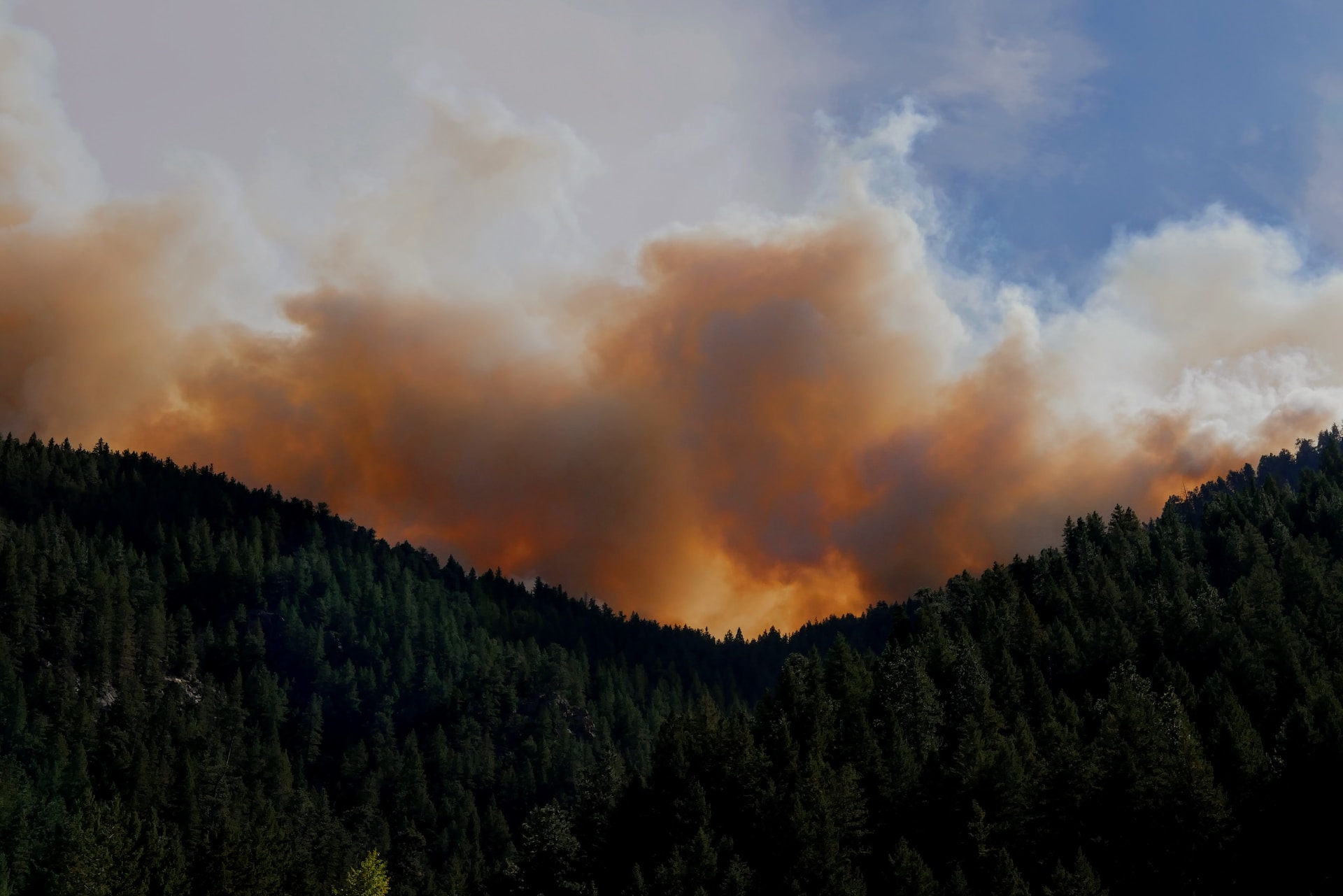
Looming Climate Crisis: World Nears Critical 1.5°C Threshold
A new analysis from the Global Carbon Budget paints a bleak picture: the Earth is on a trajectory to surpass the pivotal 1.5°C increase in average global temperatures in the next seven years. This worrying forecast is based on the latest data, providing a clear view of the current global carbon emissions landscape.
Unprecedented Emissions in 2023
2023 has been a record-setting year for fossil fuel emissions, exacerbated by major wildfires in Canada. The worldwide emissions from oil, gas, and coal have seen a rise of 1.1 percent from the previous year, reaching an estimated total of 36.8 billion tonnes. This escalation in emissions is a troubling sign, threatening to consistently breach the 1.5°C temperature rise.
Call for Immediate Action on Emissions
Highlighting the inadequate progress in reducing carbon emissions from fossil fuels, Professor Pierre Friedlingstein, a former IPCC lead author, emphasizes the urgent need for significant emission cuts. He points out that immediate action is vital to maintain the goal of limiting global warming to 2°C, as outlined in the Paris Agreement.
2023’s Carbon Emissions Breakdown
The total estimated global CO2 emissions for 2023, considering land-use changes and fossil fuel use, stand at approximately 40.9 billion tonnes. Despite a minor reduction in emissions from deforestation, these figures remain excessively high, overwhelming the current reforestation efforts. Notably, CO2 emissions from Canadian wildfires have contributed significantly to this year’s climate crisis.

Role of Natural Carbon Absorption
Oceans and forests, as natural carbon sinks, play an indispensable role in absorbing nearly half of the CO2 emissions, with the remainder exacerbating atmospheric climate change. The dependence on these natural absorbers of carbon is increasingly vital, given that technological solutions for carbon capture, such as CCS, are currently insufficient to counterbalance the emissions produced by fossil fuels.
Regional Emission Variations
The comprehensive Global Carbon Budget report, crafted by more than 120 scientists, shows diverse carbon emission trends across the globe. Europe has seen a decrease in emissions, largely due to reduced coal and fossil gas usage. Meanwhile, emissions in India and China are on the rise, along with an increase in emissions from international aviation and maritime transport.
Navigating Towards Net Zero
Professor Corinne Le Quéré from the University of East Anglia’s School of Environmental Sciences observes that, although emission trends are shifting, the global response is still inadequate for achieving a downward trend towards net zero emissions. She emphasizes the critical need for countries to accelerate the decarbonization of their economies to lessen the harsh effects of climate change.
With the gathering of COP28, the consensus is clear and urgent: prompt and decisive actions are essential to avoid exceeding the crucial 1.5°C increase in global temperatures and to effectively address the intensifying climate emergency.
©globalgreenhouse.org